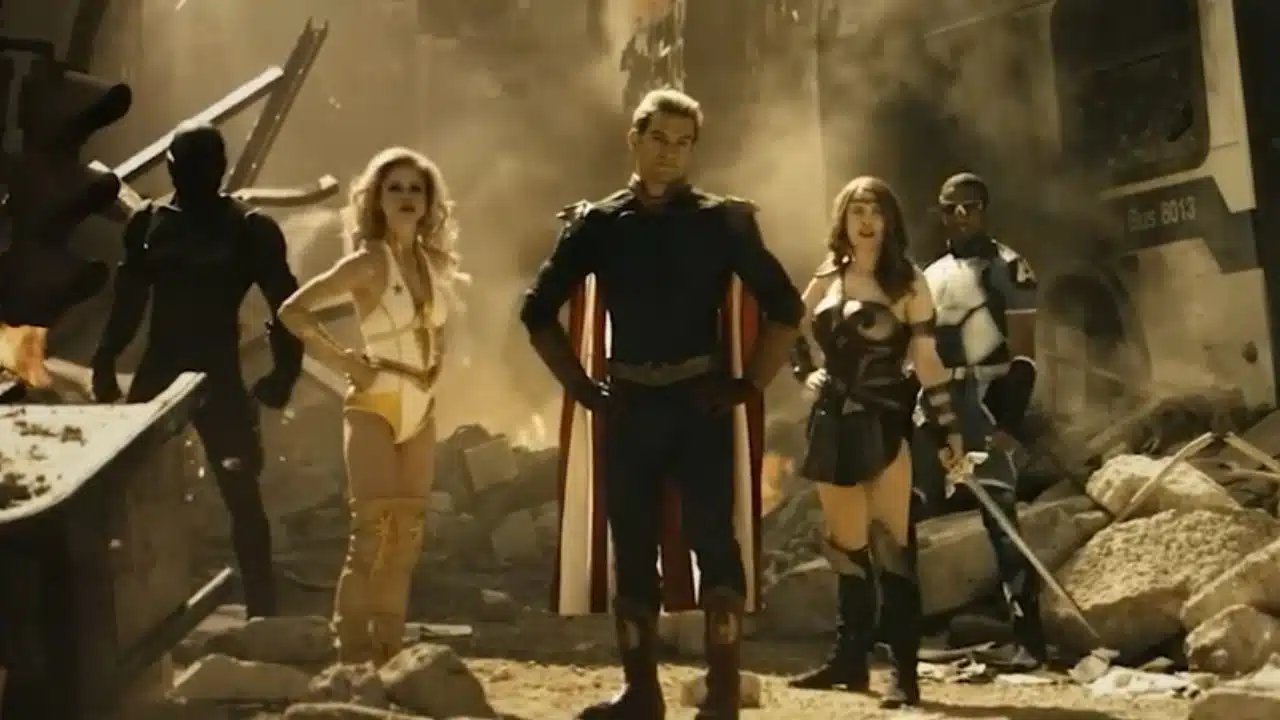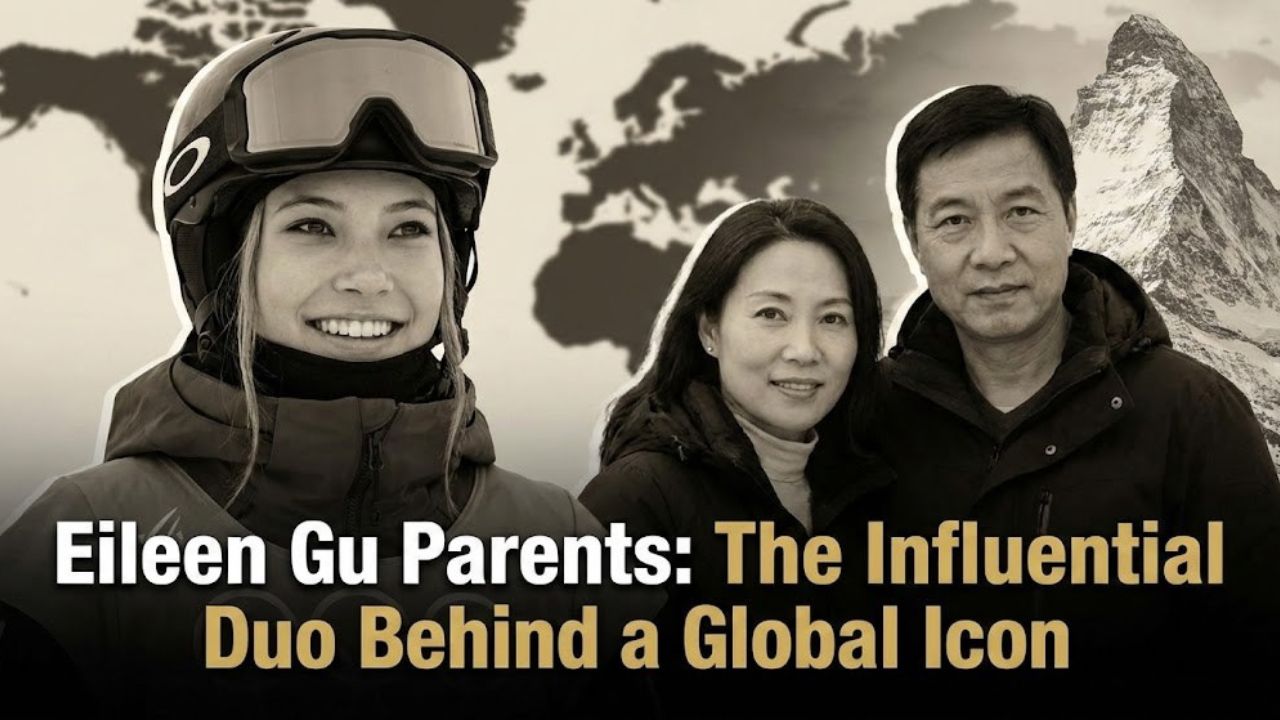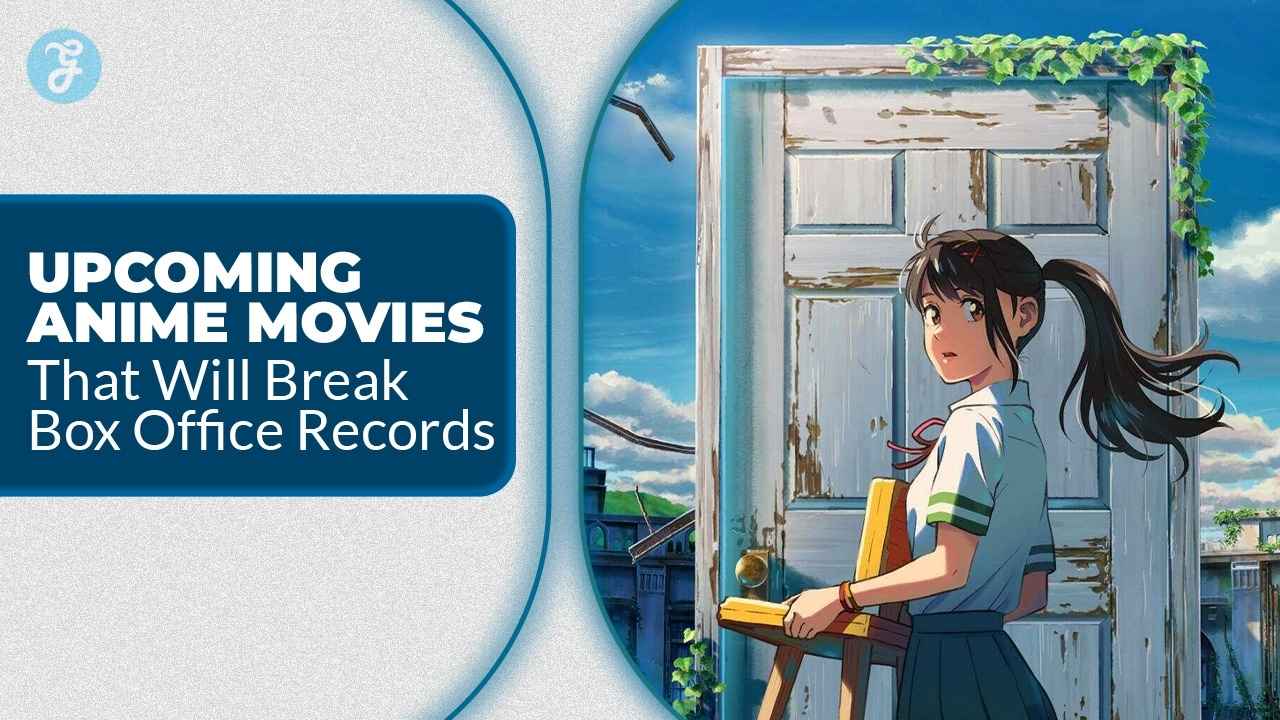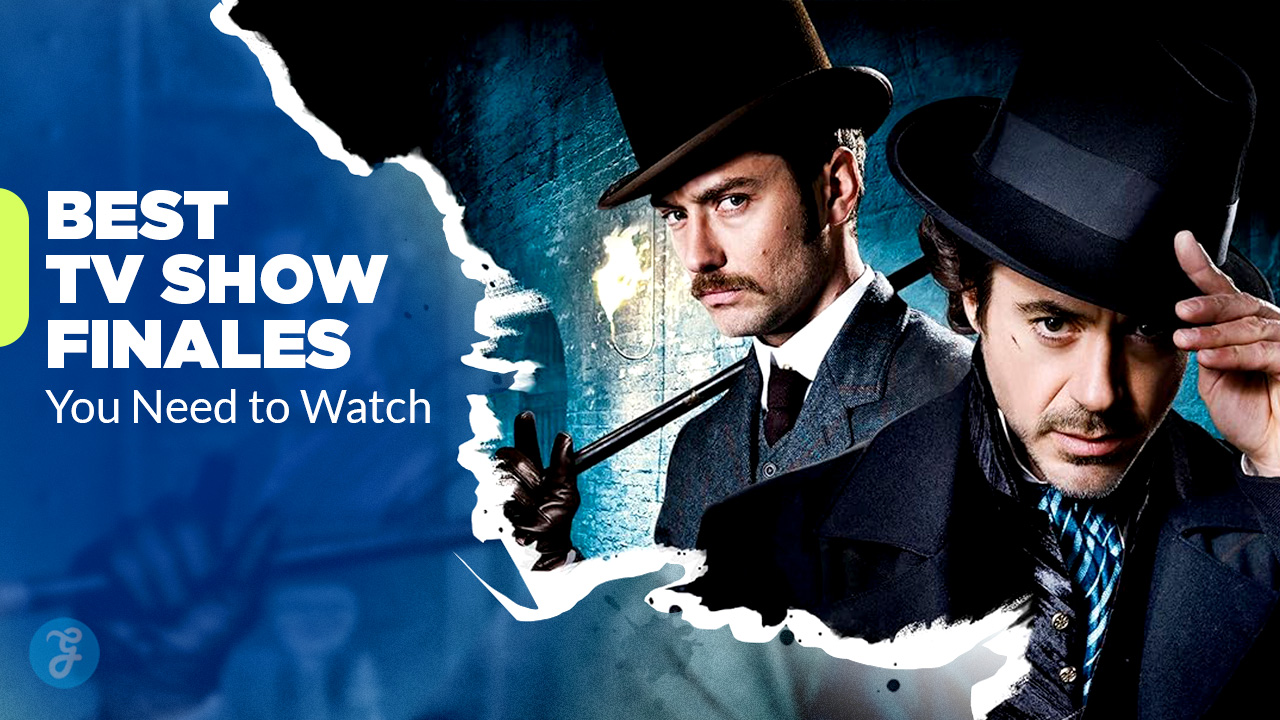Television’s most fearsome villain is shifting uncomfortably in his chair behind a heavy steel door in the Los Angeles headquarters of one of the world’s largest companies.
Antony Starr, the New Zealand-born actor who portrays the menacing Homelander on Prime’s “The Boys,” recounts a recent mishap during a trip to Mexico.
He sat on a cardboard-covered generator, injuring his tailbone. “The handle went flush up my backside onto my tailbone,” he says, laughing. “Way more than you needed to know.”
Starr is often mistaken for his character, a volatile, sadistic superhero draped in an American flag cape. On set, he is treated like a Homelander by new crew members, who fearfully keep their distance.
Off-duty, Starr distances himself from the character, even shaving his head at the end of each season. “People are surprised, like, ‘Oh, my God, you’re actually not like him,’” he says. “Yeah, he’s a psychopathic narcissist. Thank you for that.”
A Dark Take on Superheroes
“The Boys” is based on the irreverent comic book series by Garth Ennis and Darick Robertson. In this world, superheroes created by the powerful Vought International are real and are revered as celebrities, but they are far from heroic. Most are corrupt and selfish, using their powers for personal gain and often causing harm to innocent people.
The fourth season delves into Homelander’s plot to establish fascist rule in the United States, aided by a new character, Firecracker, modelled after real-life political figures.
The show’s blunt political analogies and graphic content could never be accused of subtlety. However, its portrayal of a chaotic, post-MAGA America feels surprisingly true to life.
This blend of dark humour and social commentary has led some to consider “The Boys” the best show on television. Even Barack Obama included it on his year-end list, much to the creators’ surprise.
The Actors and Their Roles
Jack Quaid, who plays Hughie Campbell, a gentle-hearted Billy Joel fan drawn into the fight against corrupt superheroes, was initially unaware that the show was based on a comic book. “I thought someone just made a show about America. And put superheroes into it,” he says.
Showrunner Eric Kripke, known for “Supernatural,” describes the superhero elements as “just the suit it wears.” The show’s true focus is on politics, media, and power, using dark humour and violence to make its points.
The character of Homelander is particularly complex. Starr’s performance captures the character’s insecurity and power-hungry nature, making him both terrifying and pitiful.
“He’s not scary because he’s powerful,” Kripke says. “He’s scary because he’s weak.” Homelander’s actions and motivations are driven by a deep-seated need for validation and control, reflecting broader societal issues.
Real-World Parallels
The show’s creators have drawn explicit parallels between Homelander and Donald Trump. This comparison has angered some right-wing fans, but Kripke insists that the character’s depth goes beyond any single real-world figure.
Starr agrees, emphasizing the importance of exploring Homelander’s psychological complexity. Despite the dark themes, the show is also a platform for exploring personal and societal trauma.
Claudia Doumit, who plays Victoria Neuman, likens “The Boys” to “Succession” but with exploding penises. Her character, a politician who can make people’s heads explode, embodies the show’s blend of political satire and outrageous content.
Challenges and Rewards
The show’s cast faces unique challenges, from performing in graphic scenes to managing the intense emotional material. Erin Moriarty, who plays Starlight, uses unconventional methods like smelling salts to prepare for her role.
Despite the difficulties, the cast members are deeply committed to their characters and the show’s message. Karl Urban’s Billy Butcher, a vigilante with a personal vendetta against superheroes, provides a gritty counterpoint to the show’s more fantastical elements.
Urban’s portrayal of Butcher’s internal and external battles adds depth to the narrative.
Expanding the Universe
The success of “The Boys” has led to spinoffs like “Gen-V,” set at a college for young superheroes. However, the show’s creators are cautious about overextending the franchise. Kripke worries about becoming what the show satirizes but remains committed to maintaining its punk rock ethos.
The Future of “The Boys”
With Season Five planned as the show’s finale, Kripke aims to deliver a satisfying conclusion that balances surprise with emotional resolution. The cast and crew are dedicated to keeping the story fresh and avoiding repetition.
Ultimately, “The Boys” deconstructs the notion of a hero who can solve all problems in a dramatic swoop. Instead, it portrays a world where ordinary people make incremental changes through everyday actions. “That, to me, is how the world gets saved,” Kripke says.
Prime Video’s “The Boys” combines dark humour, hyper-violence, and sharp political critique, making it one of the most compelling shows on television.
Its unflinching look at power and corruption, coupled with strong character performances, ensures that it remains both relevant and entertaining.
As the series heads toward its conclusion, fans eagerly await how the story of “The Boys” will unfold and whether they will cement their place as the best show on TV.
The information is taken from Rolling Stone and Forbes










































